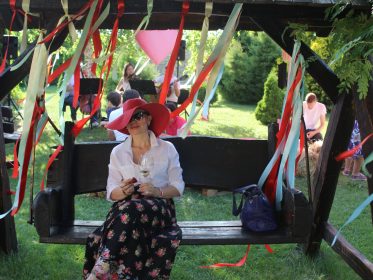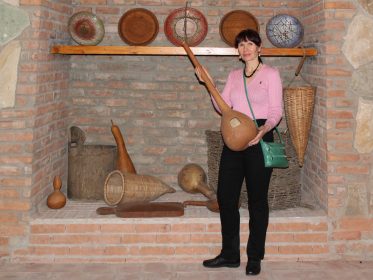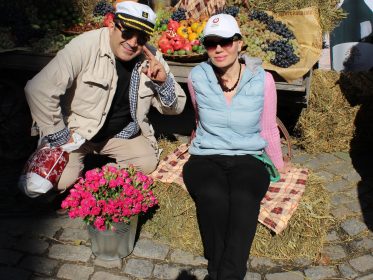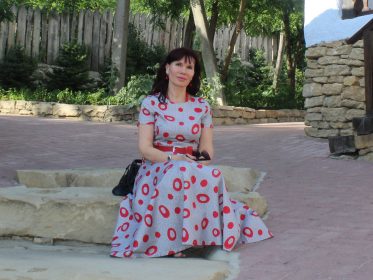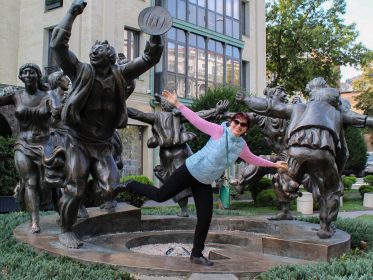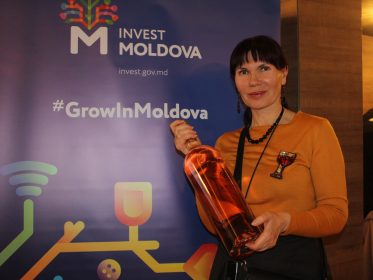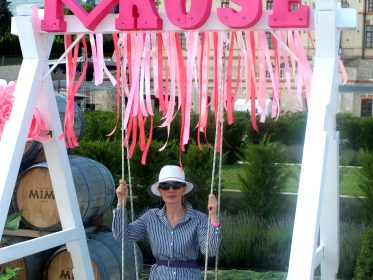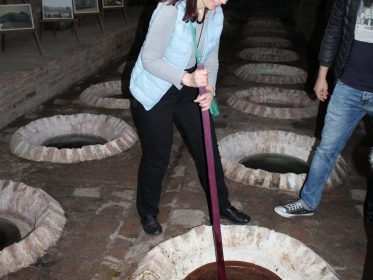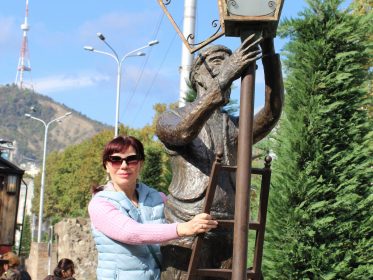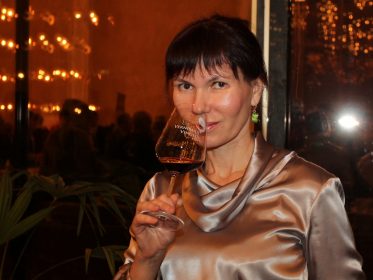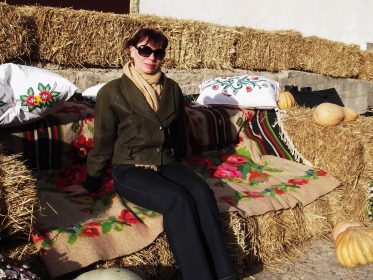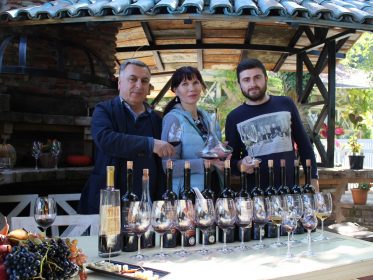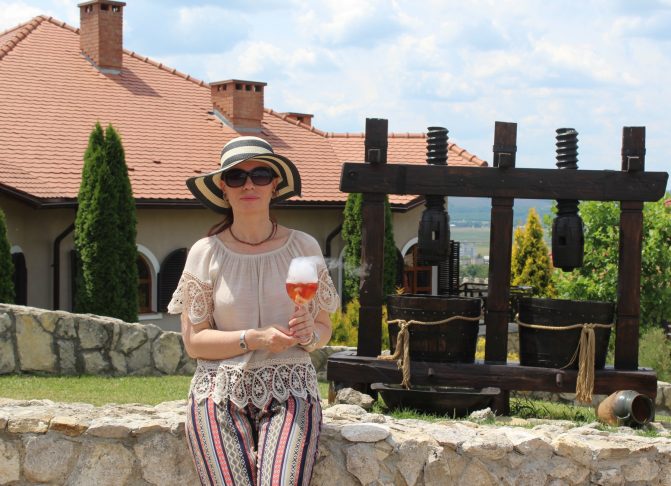Anghelina Taran: The biggest challenges are left behind, and winemaking in Moldova is reviving
In 2004 Anghelina became a wine journalist, specializing in viticulture and winemaking. Unfortunately, other media outlets in Moldova could not afford maintaining such an employee, so until this day, she has been the only professional wine journalist in the country. She was lucky to become a chronicler of the modern history of Moldavian winemaking, which, in fact, began with renewal and revivalat the turn of the millennium.
She was asked by different people why she did not create a wine blog, and others simply requested her to do that. So, it was high time for creating such blog and, in 2016, with technical support of USAID, a specialized website wine-and-spirits.md was launched.
Initially, Anghelina Taran planned to focus only on consumers, and to educate them. But she was pleasantly surprised to realize that among the readers, there are a lot of people from the professional environment, to whom she should also offer something. Anghelina notes that the best assessment of her work is made when winemaking technologists state that they learn from her some things that were not told to them at the university.
Being aware of the particularities of the Moldavian winemaking and world trends, as well as working with high-quality sources, enable her to express an opinion at the expert’s level about the most promising vectors for the industry’s development.
It also should be pointed out that such an approach has yielded certain results. It particularly concerns the use of local grape varieties, including new varieties with little or no vineyards, as well as the types of wines. For example, the story about Kopchak variety resulted in tremendous interest to it, as well as a demand for seedlings, which stimulated their production.
She is incredibly happy with the growing popularity of small-scale wines, and she has been assisting them in gaining their popularity. She is also contributing to the sustainable development of wine tourism, which she actively promotes as interesting places that are worth visiting. It goes without saying that she pays special attention primarily to the Moldavian wines. But she is interested in more than just writing tasting notes: what aroma and taste a certain wine has. Anghelina wants to tell consumers the story of a certain wine, how a winemaker worked with it, what idea is underlying a certain product, and what else is characterizing it, besides organoleptic properties? It seems boring to her to limit herself to just giving points and making ratings.
Her job involves traveling to wineries as well. She enthusiastically writes about it not only as tourist attractions that are alluring visitors, recommending them to people, she is also writing about how they are equipped, how they are operating, and what kind of quality production potential they are possessing. She enjoys setting off on a journey once she has made an alluring wine route, so that other wine lovers can follow her along it.
She wrote “The Georgian Diary” based on her impressions after a tour of the wineries in Georgia, and having collected in it the nine reports featuring the real jewels of the country’s winemaking. Some people told the author that they relied on those recommendations, and they were helpful to them during their journey.
It is worth emphasizing that in 2002, the National Wine Day of Moldavian Wine had been established and this year celebrated its 20th anniversary. She became the only journalist in Moldova who made reviews of all 20 celebrations.
Moldavian wine found itself in a difficult situation when a Russian embargo on the import of alcoholic beverages from Moldova was unexpectedly imposed in March 2006, journalists in the industry ceased to be interested. It was quietly dying without its main sales market and under the burden of huge loans. Only one media outlet and one journalist (me) was writing about these problems and the necessity to start searching for solutions. At that time, the authorities turned their backs on the wine business, considering its owners obscenely rich. But in order to save this industry for the country, it was necessary to reach out to those who made decisions. We helped the wine producers with this.
The biggest challenges are left behind, and winemaking in Moldova is reviving.
